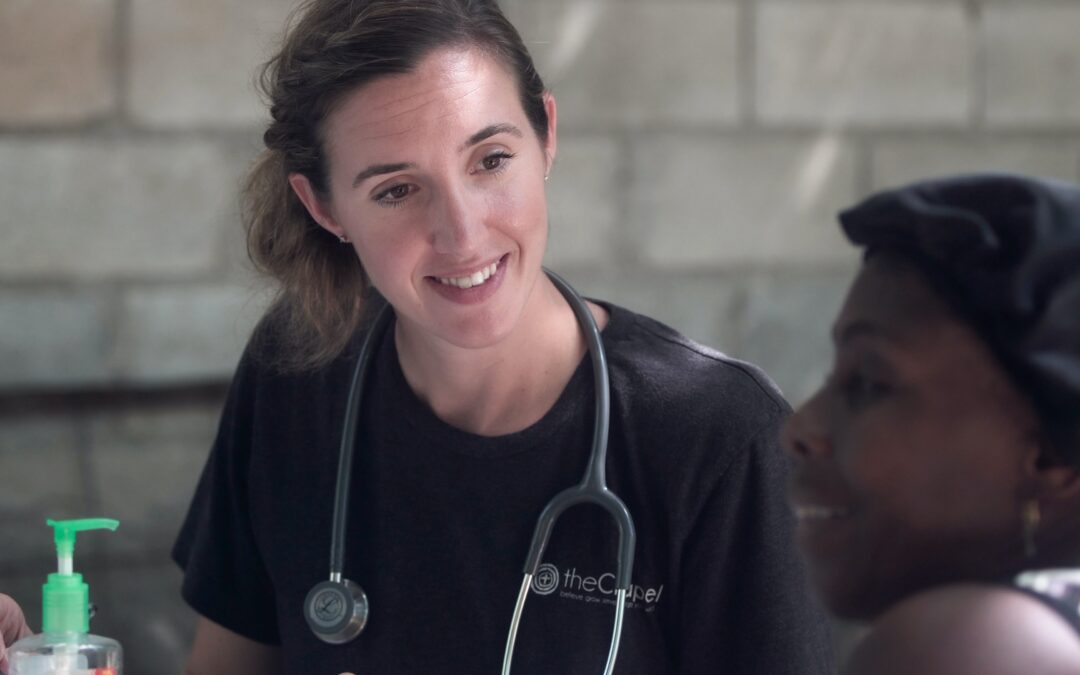Healthcare is one of the most dynamic and rewarding fields to work in, but it is also constantly evolving and facing new challenges. The COVID-19 pandemic, the aging population, the rise of technology, and the shift to preventive care are some of the factors that are shaping the future of healthcare careers. If you are interested in pursuing a career in healthcare, or if you are already working in the field and want to advance your skills and knowledge, here are some of the trends and opportunities you need to know.
The fastest-growing jobs in healthcare
According to the Bureau of Labor Statistics, employment in the healthcare field is projected to grow 16% over the next decade, adding about 2.6 million new jobs to the economy. This is the most of any other field, and much faster than the average for all occupations Some of the fastest-growing jobs in healthcare include:

- Nurse practitioners. Nurse practitioners are advanced practice registered nurses who can diagnose and treat patients, prescribe medications, and order tests. They can work independently or in collaboration with physicians, and they can specialize in various areas such as family practice, pediatrics, geriatrics, or mental health. Nurse practitioners are in high demand, especially in rural and underserved areas, and they can earn an average annual salary of $111,680
- Occupational therapy assistants. Occupational therapy assistants help occupational therapists provide therapy to patients who have injuries, illnesses, or disabilities that affect their ability to perform daily activities. They can assist with exercises, equipment, education, and documentation. Occupational therapy assistants can work in various settings such as hospitals, clinics, schools, or nursing homes, and they can earn an average annual salary of $62,940.
- Physical therapy assistants. Physical therapy assistants help physical therapists provide therapy to patients who have pain, injuries, or mobility issues. They can assist with exercises, massage, ultrasound, and other modalities. Physical therapy assistants can work in various settings such as hospitals, clinics, sports facilities, or home health care, and they can earn an average annual salary of $60,950.
- Home health and personal care aides. Home health and personal care aides provide assistance to people who need help with daily living tasks such as bathing, dressing, eating, or taking medications. They can also perform some basic health-related services such as checking vital signs, changing bandages, or administering injections. Home health and personal care aides can work in clients’ homes, residential care facilities, or hospices, and they can earn an average annual salary of $27,080.
The emerging roles in healthcare
In addition to the traditional roles in healthcare, there are also some new and exciting roles that are emerging as a result of the changing needs and expectations of the healthcare system. Some of the emerging roles in healthcare include:
- Telehealth specialists. Telehealth specialists are healthcare professionals who use technology to deliver care to patients remotely. They can provide consultations, diagnosis, treatment, monitoring, education, or support to patients who live in different locations, have limited access to care, or prefer convenience and privacy. Telehealth specialists can work in various fields such as primary care, mental health, radiology, or dermatology, and they can use various platforms such as phone, video, chat, or mobile apps.
- Genetic counselors. Genetic counselors are healthcare professionals who help people understand their genetic risks for various diseases and conditions. They can provide information, testing, interpretation, counseling, and referrals to patients and their families who have or are at risk for genetic disorders. Genetic counselors can work in various settings such as hospitals, clinics, laboratories, or research institutions, and they can specialize in various areas such as prenatal, cancer, or cardiovascular genetics.
- Healthcare data analysts. Healthcare data analysts are healthcare professionals who use data to improve the quality, efficiency, and outcomes of healthcare. They can collect, analyze, interpret, and communicate data from various sources such as electronic health records, claims, surveys, or research studies. They can use various tools and methods such as statistics, machine learning, or visualization to identify patterns, trends, or insights that can inform decision-making, policy-making, or innovation in healthcare.
The skills and competencies for the future of healthcare
To succeed in the future of healthcare, healthcare professionals need to have not only the technical skills and knowledge required for their specific roles, but also the soft skills and competencies that can help them adapt to the changing environment and meet the diverse needs and expectations of patients, colleagues, and stakeholders. Some of the skills and competencies for the future of healthcare include:
- Communication skills. Communication skills are essential for healthcare professionals to effectively convey information, instructions, feedback, or empathy to patients, families, or other healthcare professionals. Communication skills also involve listening, asking questions, clarifying, and resolving conflicts. Communication skills can be enhanced by using various modes and methods such as verbal, nonverbal, written, or digital communication.
- Critical thinking skills. Critical thinking skills are vital for healthcare professionals to evaluate information, arguments, or evidence from various sources and perspectives, and to apply logic, reasoning, and creativity to solve problems, make decisions, or generate new ideas. Critical thinking skills can be improved by using various strategies and techniques such as analysis, synthesis, evaluation, or reflection.
- Collaboration skills. Collaboration skills are crucial for healthcare professionals to work effectively with others in multidisciplinary teams, across different settings, or with different cultures and backgrounds. Collaboration skills also involve sharing, learning, supporting, and coordinating with others to achieve common goals. Collaboration skills can be fostered by using various tools and platforms such as online, mobile, or social media.

